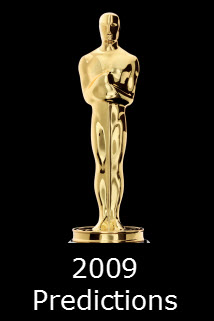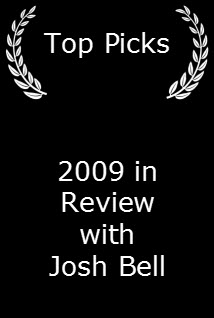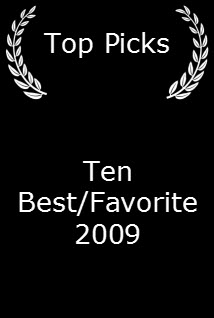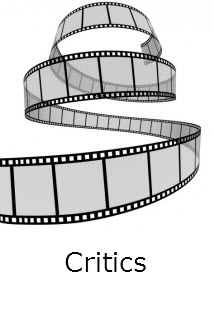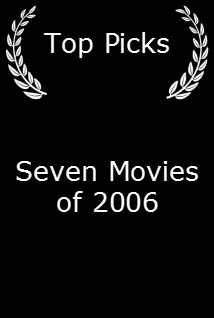Green Zone (2010)


Content by Tony Macklin. Originally published on March 19, 2010 @ tonymacklin.net.
Green Zone is one depressing movie.
It's well-acted, well-directed, and well-written. So what's the problem?
The problem is that it's a political film about the snipe hunt for weapons of mass destruction in Iraq, and that's a disheartening subject.
Unless you're a major fan of propaganda, the WMD fiasco is not something you enjoy dwelling over. As a Jack Nicholson military character once said, "You can't handle the truth." That well may be true.
Universal Pictures delayed the release of Green Zone until after The Hurt Locker won the Oscar as Best Picture, but The Hurt Locker is a work of art with its politics covert. Green Zone is a work of blatant politics (perhaps right on) with only an occasional nod to art. It's disconcerting.
The studio promoted Green Zone as a Bourne-type thriller, but it's not. Jason Bourne never got stuck in a political quagmire. Matt Damon is back as an aggressive loner, but he's on a fool's errand -- after a truth that doesn't seem to matter. Whom do we root for? Where's Jason Bourne when we need him?
Green Zone is set in 2003 in Iraq when shock and awe turned into schmuck and arrogance. After the Iraqi army is quickly defeated, U.S. Army chief warrant officer Roy Miller (Matt Damon) leads multiple raids looking for WMDs.
The soldiers find only empty rooms and pigeon dung. Miller is nonplussed. The Intel seems bogus. "It's no good," he tells higher-ups -- to no avail. So he goes off on his own, with a few of his men, after the truth. It's an exciting chase.
But in the modern world, the truth isn't just overrated -- it's irrelevant.
Brian Helgeland wrote the screenplay, using Rajiv Chandrasekaran's nonfiction book Imperial Life in the Emerald City as a source.
Helgeland fictionalizes his plot and characters, although some have obvious connections to actual figures. Clark Poundstone (Greg Kinnear) is a replica of Paul Bremer, who dissolved the Iraqi army and provoked chaos in Baghdad. Lawrie Dayne (Amy Ryan) is a mirror of Judith Miller, the New York Times' patsy, though in the movie she works for the Wall Street Journal. Huh?
The completely fictional characters are better. Matt Damon is back playing a human, visceral, action figure, after his ill-suited forays into The Good Shepherd (2006) and The Informant! (2009), two movies in which he played gray, flabby personalities.
Damon is the best thing in Green Zone. Also fine is Khalid Abdulla as an Iraqi who gives Miller pertinent info and becomes his translator.
Brendan Gleeson is effective as a frustrated veteran CIA analyst. But Kinnear and Ryan are constrained, listlessly playing pat characters. Actuality is no guarantee of liveliness.
The ending of Green Zone is very conventional; it's been done many times. [Amy Ryan's smile is phony. Her character would only scowl about sharing.]
Director Paul Greengrass, editor Christopher Rouse, and cinematographer Barry Ackroyd keep the action reeling and chaotic. Ackroyd received an Oscar nomination for shooting The Hurt Locker. There's no reward in the offing this time.
Green Zone is a movie mostly about a senseless mess. Who and what does one root for in a world of political pigeons and their droppings?
In a world of "no child left behind" and home schooling, there is no place for skepticism.
Most people who go to the movies are seeking feel-good escapism. The public doesn't want to be reminded how wrong they were, as they rush to their next certainty.
Green Zone will not please them.
